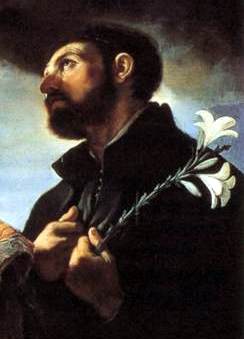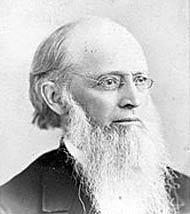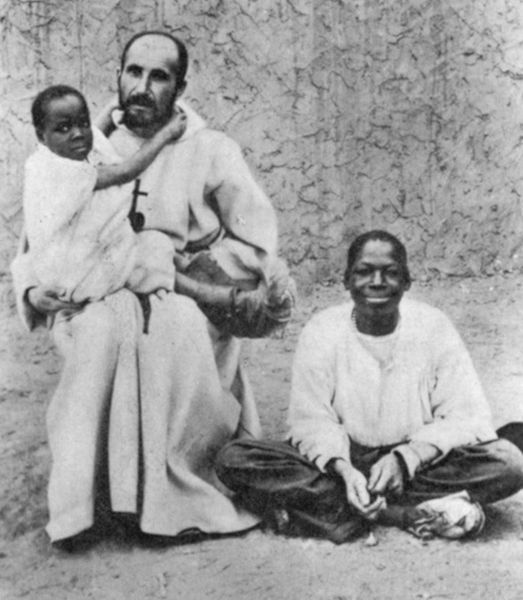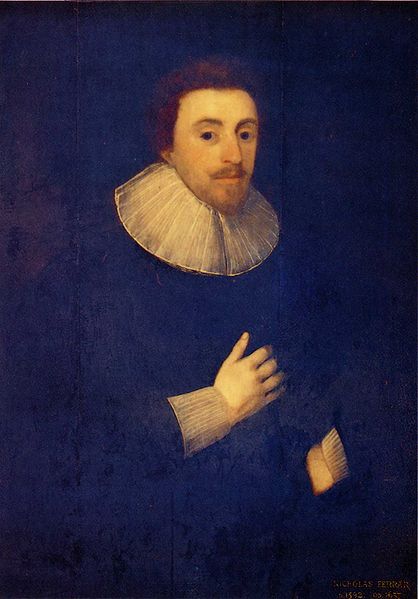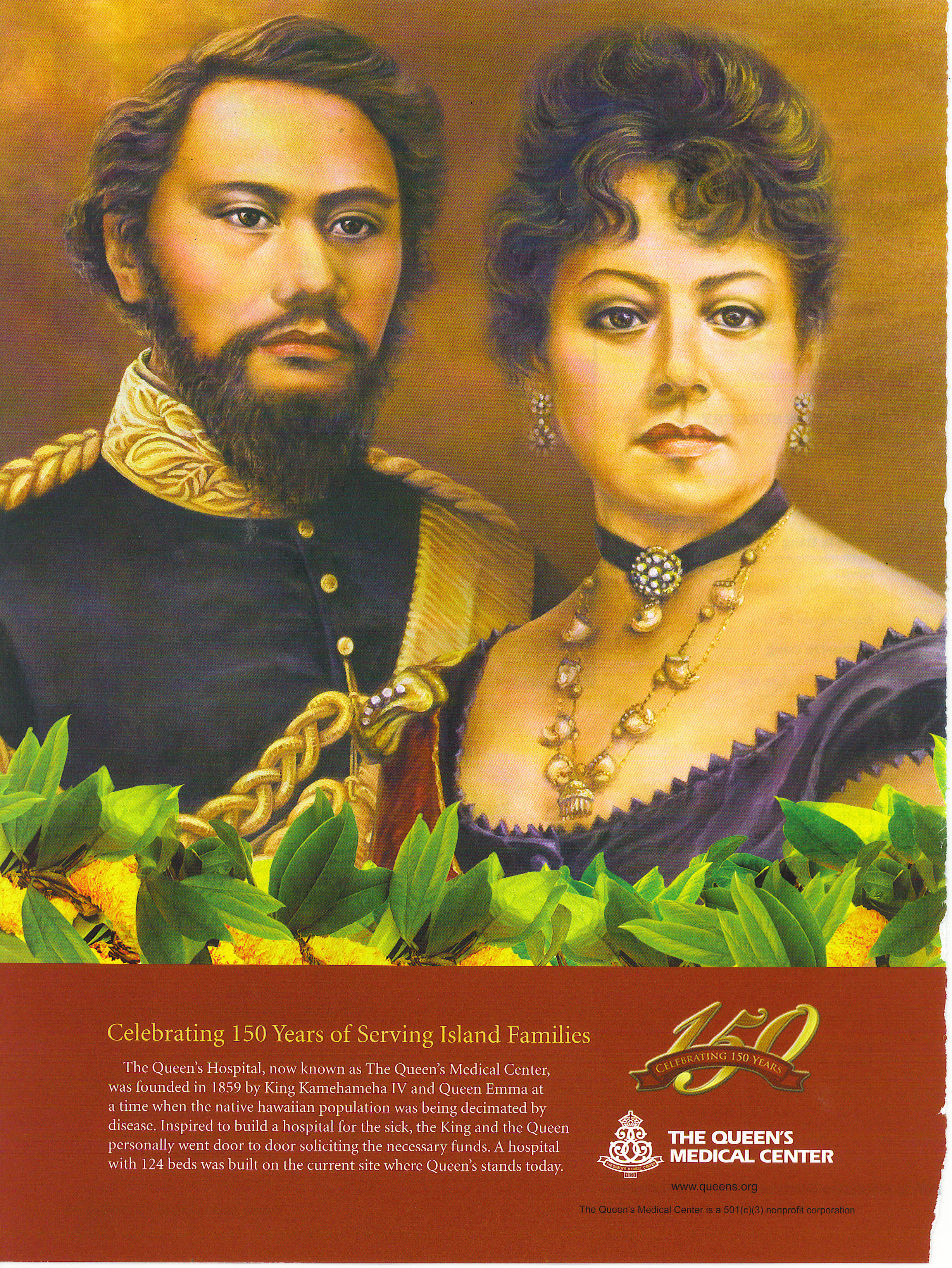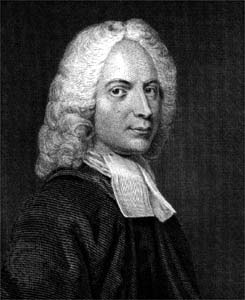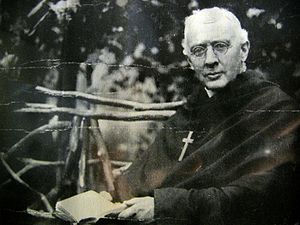Welcome to the Holy Women, Holy Men blog! We invite you to read about this commemoration, use the collect and lessons in prayer, whether individually or in corporate worship, then tell us what you think. For more information about this project, click here.
###
Francis Xavier was one of the great missionaries of the church. Born in Spain in 1506, he studied locally before taking up university studies in Paris in 1526, receiving a master’s degree in 1530. While in Paris he met Ignatius Loyola and together with a small group of companions, they bound themselves together for the service of God on August 15, 1534, the beginning of what would later become the Society of Jesus, or the Jesuits.
After further theological study, Francis and Ignatius were ordained together in 1537. As the nuncio to the east for the King of Portugal, John III, Francis went to India, arriving at Goa on the western coast in 1542. He later moved south and traveled as well to Sri Lanka (Ceylon) and the Molucca Islands, now Indonesia. For seven years he labored among the people there, winning many converts to the faith, baptizing, teaching, and trying to ease the suffering of the people. His efforts were not always well received. New Christians were often abused and enslaved and sometimes killed.
In 1549 Francis moved on to the southern region of Japan and immediately set about learning the language and preparing a catechism to support his missionary efforts. In time he moved north to the imperial capital, Kyoto, and made an effort to see the Mikado, the Japanese emperor. Civil strife and localized resistance made Francis’ Japanese efforts difficult, but he came away from the experience with a deep sense of respect for the people and their culture. After returning to India 1551, Francis was appointed the Jesuit Provincial for India, but he was not satisfied only to maintain the work already begun. He immediately set out for China, at the time closed to foreigners, in hopes of launching new missionary efforts there. He set up camp near the mouth of the Canton River in August 1552, hoping to secure passage into the country. Later that year he took ill and died, at age forty-six, on December 3, 1552. His remains were later transferred back to Goa, India.
Collects
I Loving God, who didst call Francis Xavier to lead many in India and Japan to know Jesus Christ as their Redeemer: Bring us to the new life of glory promised to all who follow in the Way; through the same Jesus Christ, who with thee and the Holy Spirit liveth and reigneth, one God, for ever and ever. Amen.
II Loving God, you called Francis Xavier to lead many in India and Japan to know Jesus Christ as their Redeemer: Bring us to the new life of glory promised to all who follow in the Way; through the same Jesus Christ, whowith you and the Holy Spirit lives and reigns, one God, forever and ever. Amen.
Lessons
Sirach (Ecclesiasticus) 2:1–111
Corinthians 9:16–19,22–23
Mark 16:15–20
Psalm
126
Preface of Apostles
Text from Holy, Women, Holy Men: Celebrating the Saints © 2010 by The Church Pension Fund. Used by permission.
###
We invite your reflections about this commemoration and its suitability for the official calendar and worship of The Episcopal Church. How did this person’s life witness to the Gospel? How does this person inspire us in Christian life today?
To post a comment, your first and last name and email address are required. Your name will be published; your email address will not. The first time you post, a moderator will need to approve your submission; after that, your comments will appear instantly.
